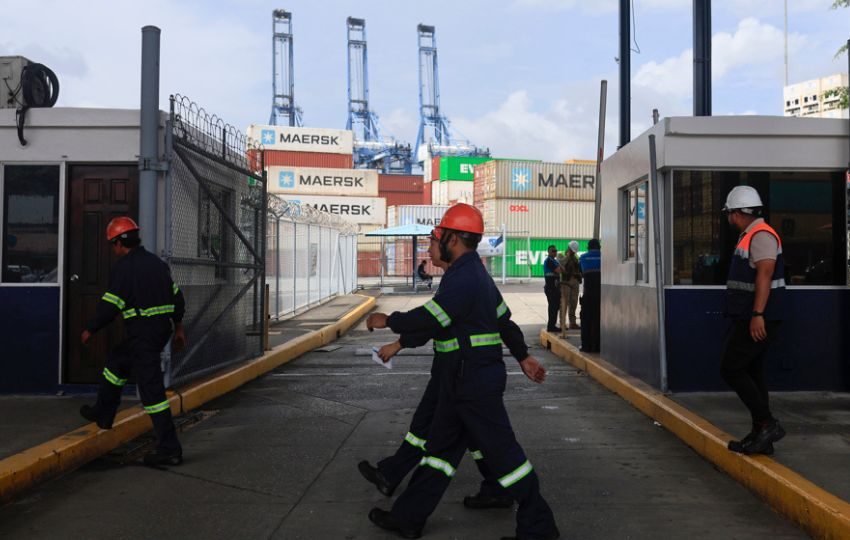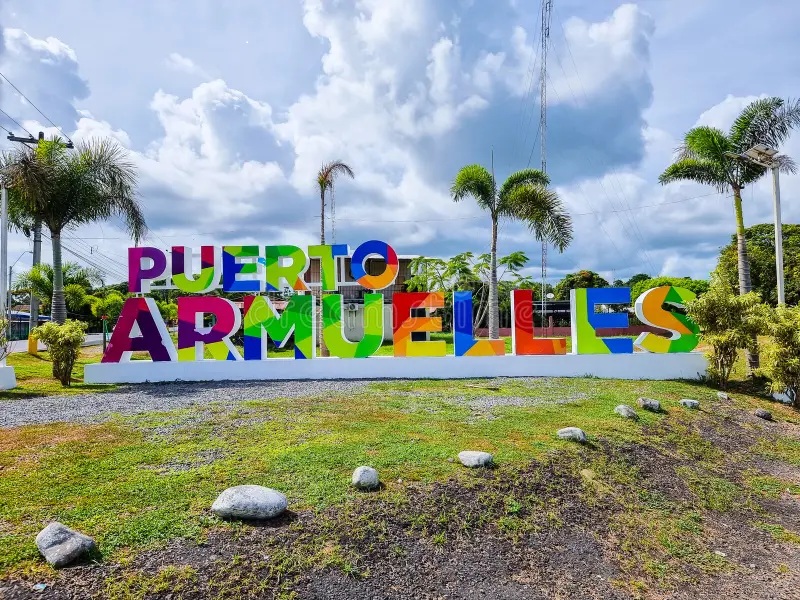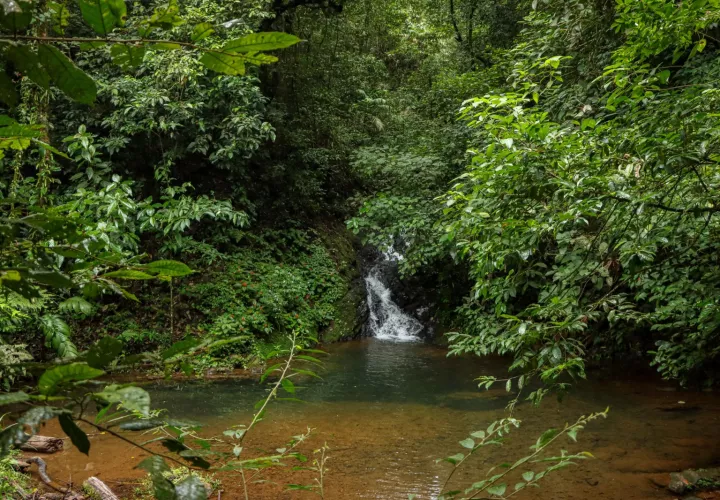Getting Permanent Residency in Panama

 IN RESPONSE to frequent inquiries from within and outside the country, Newsroom will be publishing a series of articles to help readers planning the big move, or who face legal challenges when they are settling in.
IN RESPONSE to frequent inquiries from within and outside the country, Newsroom will be publishing a series of articles to help readers planning the big move, or who face legal challenges when they are settling in.
By Jon Hanna
There are many types of expats across the world. Some settle in foreign countries for business investments, some to retire, and others just to seek adventure, or something new. Regardless of why you choose to move abroad, there is one thing that all expats must address: legal residency.
Whether you plan on staying for the rest of your life, or just a few years, getting the proper visa and paperwork processed can seem like a daunting task. But it’s actually a lot easier than you may think.
Panama is a diverse and welcoming country, and immigration has been surging over the past 5 years. The economy has been steadily growing for over a decade, and the need for foreign workers and investors has been growing right along with it. The government is very aware of this, and has set up a number of systems to help streamline legal immigration, as well as corporate tax structures, and foreign investments.
Where to Begin
The first step in becoming a legal resident in Panama is determining which type of residency visa you can, and should, apply for. Each of the 8 permanent residency visas has unique benefits, as well as requirements.
• Retirement Visa (Visa Pensionado)
• Friendly Nations Visa
• Professional Employment Visa
• Large Reforestation Investor Visa
• Self-Economic Solvency Visa
• Business Investor Visa
• Marriage Visa
• Parents of Child Born in Panama Visa
*To get the details of what each visa entails, costs, and how to apply, check out this INFOGRAPHIC.
Next Steps
Once you know which Panama visa to pursue, it is important to start preparing all the required documentation, as this can be a time consuming task. A local immigration lawyer can help guide you through the entire process. Working with a local attorney is not an absolute requirement, but without the assistance of an attorney, obtaining a visa can be a long and frustrating experience. The main benefit of working with a reliable immigration lawyer is a speedy process. If you decide to eliminate already minimal lawyer fees and try to obtain a visa on your own, it could easily take 6 months, if not much longer, depending on which type of visa you are applying for,An attorney can help reduce the waiting period to 2-3 months.
Though each visa is unique, the processing time it will take for the government to approve your application is much faster than almost every other country in the region. Through your local lawyer, forms can be sent, notarized, and processed without actually having to physically be in the country. This can save a lot of time and expense, especially if you are coming from far away.
Which Visas Are Most Popular?
This answer will change, depending on who is applying, but for simplicity’s sake, we’ll look at two: the Friendly nations Visa, and the Retirement (“Pensionado”) Visa. Though immigration and foreign investment is certainly nothing new in Panama, the government decided to update the residency process a few years ago. In 2012, a law was passed (Executive Order 343) to help encourage positive foreign immigration by opening up the visa process, and streamlining it to be more efficient. One of the highlights of this new Executive Order was the “Friendly Nations Visa”.
Friendly Nations Visa
The Friendly Nations Visa was set up for 22 countries around the world that Panama deemed to have a strategic economic, social, and professional benefit with them. Now the list of countries stands at 50. Citizens of these 50 countries -which include the US, UK, and Canada – are able to fast-track through the immigration system to gain temporary residency, and after 5 years become eligible for permanent status. The visa requires a deposit of at least $5,000 in a Panamanian bank account, with an additional $2,000 for each dependent. Applicants will also need to show some proof of future economic contribution to Panama. This can include buying property, ownership of a local corporation, or a formal contract from a local company.
Retirement Visa (Pensionado Visa)
Panama’s retirement visa, “visa pensionado” in Spanish, is another widely popular option for people looking to settle in Panama. Though this visa is widely used by people over the age of 65, the official requirement sets the minimum age at 18, as long as you can prove your pensioner status, which requires that you receive at least $1,000 per month, plus $250 for each dependent, from a pension or lifetime annuity in your home country.
This visa has some of the world’s best financial benefits offered to retirees. Once you have been approved as a “pensionado” resident, you receive 50% off hotels, 30% off on public transportation, 25% off of national airline tickets, and 15-25% off medical services. You are also exempt on paying taxes on imported household goods up to $10,000, as well as car purchases every two years.
Before making the decision to move and invest oversees, it’s important to do thorough research. Panama is a great country, but it may not be for everyone, so getting to know the area, and the people, are an important first step in finding out if it’s right for you. Once you’ve made up your mind, immigrating to Panama can be a smooth process, as long as you take the right steps.
Jon Hanna is one of the founding members of Panama Offshore Legal Services, a full service law firm in Panama City,





